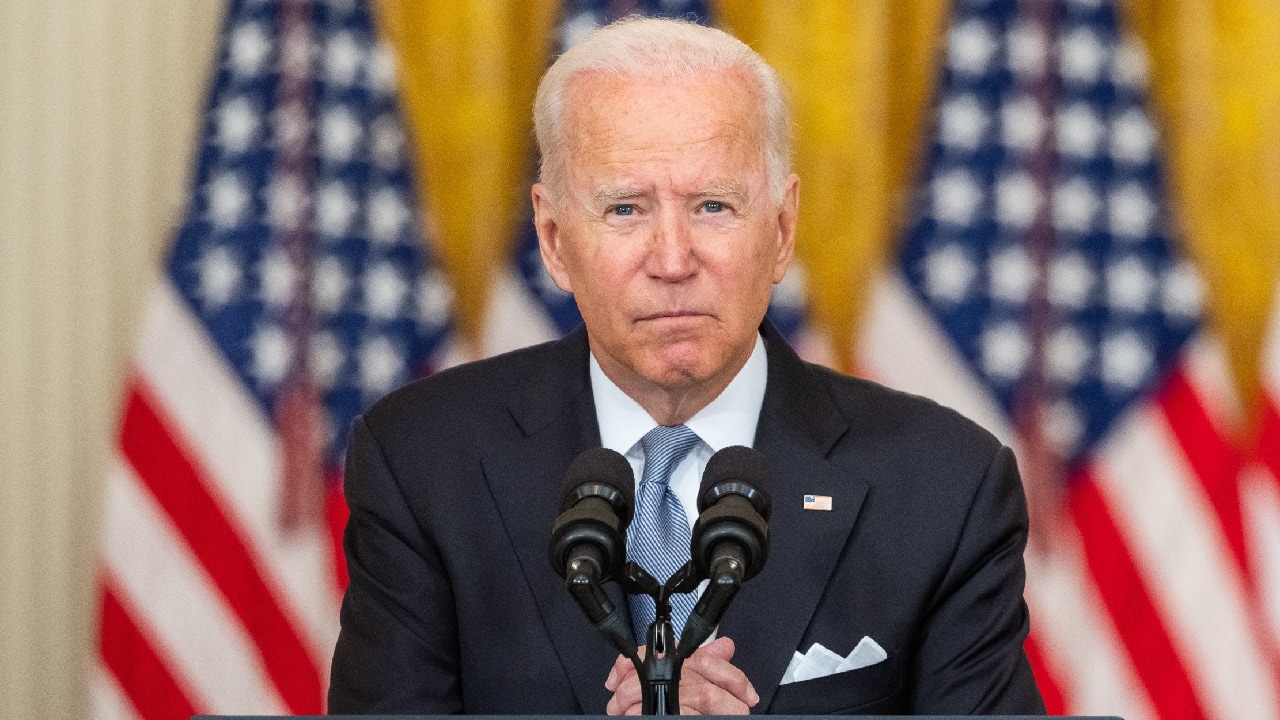To President Joe Biden’s relief, at this year’s midterm election, the widely expected Republican red wave did not occur. Before cracking open the champagne, Mr. Biden might want to reflect on how his lost Congressional majority will constrain his ability to respond to any major economic downturn next year with an adequate budget stimulus package. He might also want to consider how an obstructionist Republican Party might unsettle already fragile financial markets by staging a fight over the issue of raising the debt ceiling.
It is never a good time for an Administration to lose its Congressional majority when the economy appears to be on the cusp of a meaningful economic recession and when financial markets are on the back foot. It is also a poor time to do so when the rest of the world economy looks to be in very poor shape and in need of US economic leadership. Unfortunately, this is very much the economic context in which Mr. Biden’s electoral loss has occurred.
On the eve of the election, Federal Reserve Chair Jerome Powell made it abundantly clear that the Fed considered inflation to be running far too rapidly for the Fed to pause its aggressive interest hiking cycle anytime soon. Indeed, he argued that interest rates would need to rise to a higher level and stay at that level for longer than the Fed had previously anticipated. Even with today’s better than expected 7.7 percent consumer price inflation print, the Fed is likely to still raise interest rates at its next meeting by at least 50 basis points in order to regain inflation control.
The Fed’s newfound monetary policy religion now risks precipitating a meaningful economic recession both at home and abroad.
At home, the Fed’s most rapid interest rate hiking cycle in the last forty years has already caused recession-like conditions in the housing market, a marked drop in consumer confidence, and the deflation of the equity, bond, and cryptocurrency market bubbles. Meanwhile, it must be only a matter of time before the surging dollar results in a marked widening in the trade deficit by reducing export competitiveness and cheapening import costs.
Abroad, there is every prospect of a recession as China’s economy contends with a zero-Covid policy and a property bust, Europe’s economy is battered by a Russian gas export shutdown, and the emerging market economies begin defaulting on their debt mountains. High US interest rates and a surging dollar must be expected to complicate the already difficult economic situation abroad. It might do so by adding to inflationary pressures and by encouraging capital repatriation from the emerging market economies.
All of this has to raise the real possibility that next year the Administration will be confronted with a meaningful economic recession both at home and abroad. The resolution of such an occurrence would require an adequate budget stimulus as occurred after the 2008 Lehman bankruptcy and the 2020 Covid-induced economic recession. It would also require that the US exercise international economic leadership to fashion an internationally coordinated response to a world recession.
President Biden’s loss of a Congressional majority will complicate any such effort. In particular, it isn’t easy to see how a Republican-led Congress would go along with another large Biden budget spending package. A Republican-led Congress might also complicate the handling of the economy by insisting on large public spending cuts as a quid pro quo for it agreeing to an increase in the debt ceiling. A protracted fight over the debt ceiling that might compromise the country’s credit rating is the last thing that Mr. Biden would need at a time of financial market fragility and at a time when the US Treasury market has become increasingly illiquid.
If there is a glimmer of hope, it is that the Republican Congressional majority is likely to be very slender. This gives Mr. Biden the opportunity to reach across the aisle to fashion an appropriate centrist policy response to any recession that might materialize next year. For the country’s sake, we must hope that he has the wisdom and the skill to do that.
Desmond Lachman is a senior fellow at the American Enterprise Institute. He was a deputy director in the International Monetary Fund’s Policy Development and Review Department and the chief emerging market economic strategist at Salomon Smith Barney.

